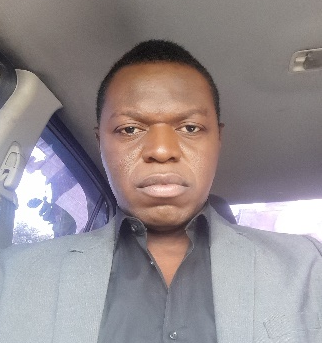

By Anthony Henry
The Jamaica Charter for the Homeless and Disabled has criticised the country’s electoral process for failing to adequately accommodate voters with disabilities, arguing that despite years of preparation, polling stations remain largely inaccessible.
Cleon Porter, executive director of the group, said that while there have been slight improvements, Jamaica is still “in the dark ages” when it comes to accessibility.
“The Disabilities Act was passed in 2014 and came into effect in 2022, so the government and political representatives had enough time to ensure the system was ready. What we need now is not minor adjustments but real transformation,” Porter told reporters on election day on Wednesday, September 3.
He argued that the Electoral Commission of Jamaica (ECJ) should have created a dedicated task force to address the needs of voters with disabilities, including proper training for temporary polling staff. Despite reports that training was conducted, Porter said his organisation witnessed incidents that suggest otherwise.
“We have seen persons with intellectual disabilities turned back because the individuals assisting them were not allowed to help them mark the ballot. That cannot happen. This shows proper training did not take place,” Porter said.
He also pointed to physical barriers, noting that many polling stations located in schools and community centres lacked basic infrastructure such as wheelchair ramps. “It is inhumane that people with disabilities still have to be lifted into polling stations to vote. These are schools and community centres; they should already have the facilities in place,” he added.
Porter said these shortcomings have discouraged many disabled Jamaicans from participating in the electoral process. “There are many persons with disabilities who want to vote but stay home because they are tired of no improvement. It is a shame that in 2025, people with disabilities still find it so difficult to exercise their right,” he said.
The advocate called on the next government to appoint disability experts to boards and committees to ensure policies are shaped with inclusivity in mind. He also urged the Jamaica Council for Persons with Disabilities to play a more active role.
“They must wake up out of their slumber and represent the people properly. Our community does not need more stress; what we need is help,” Porter said.

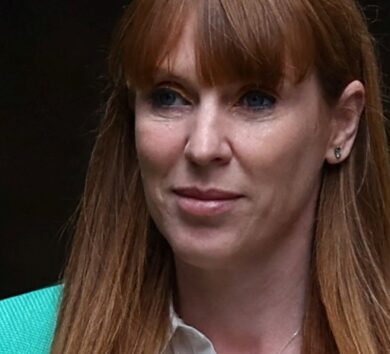
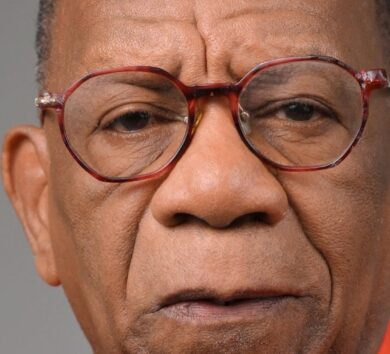


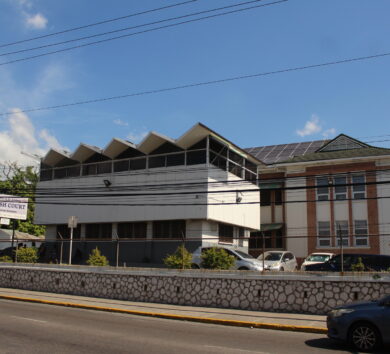
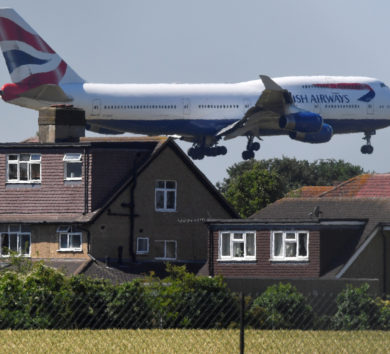
Comments